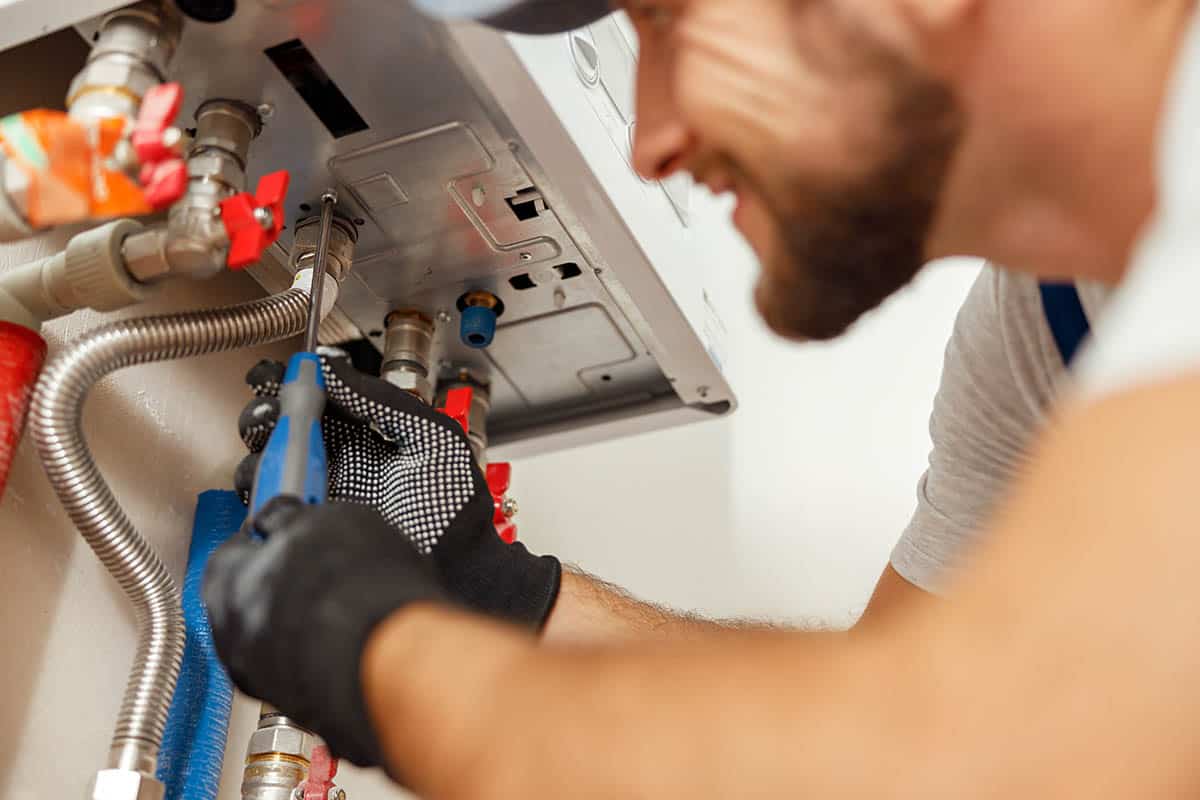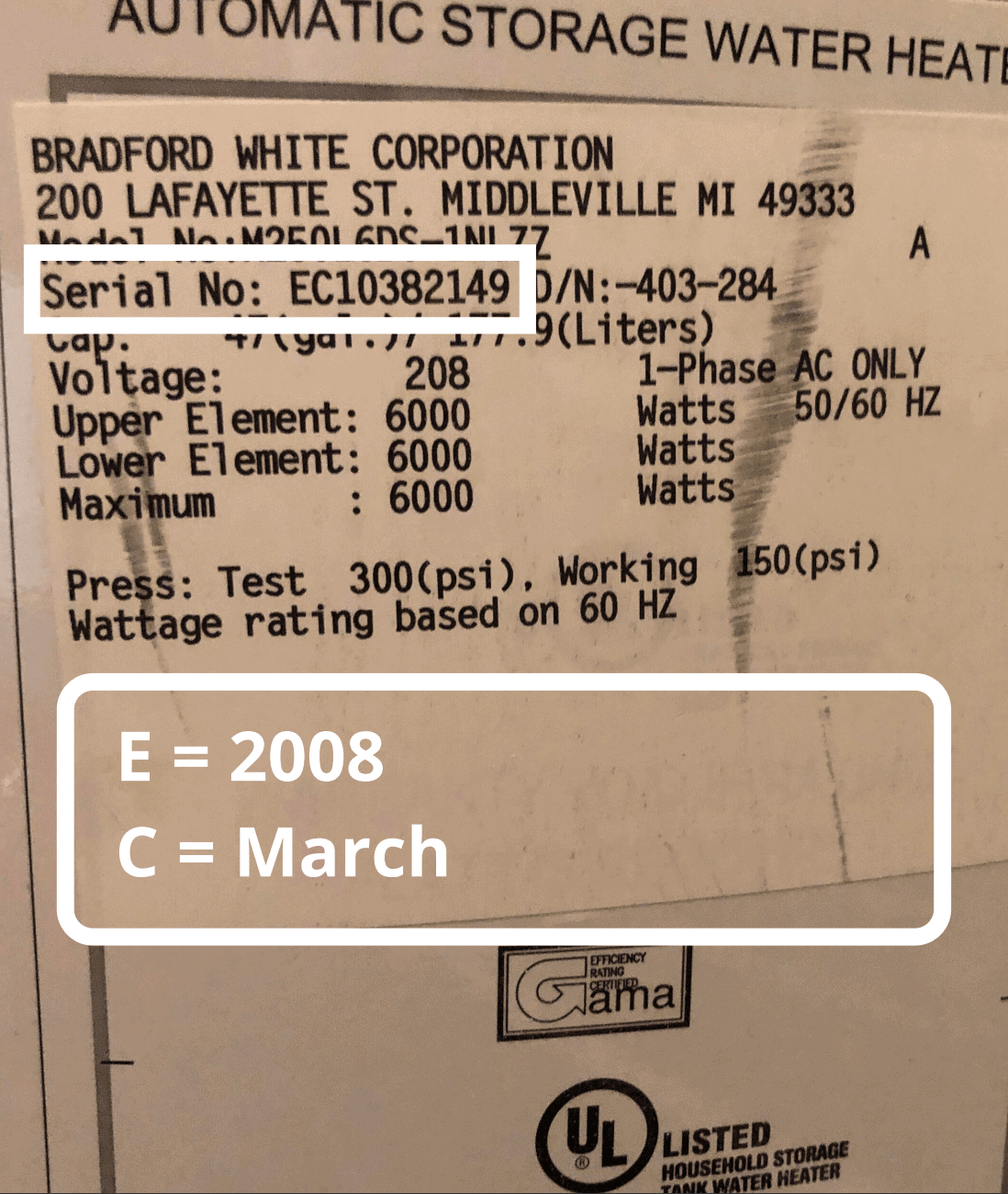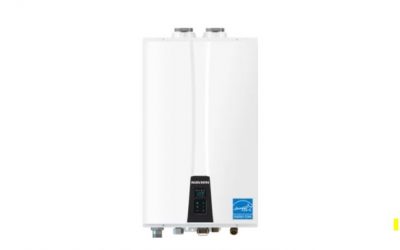Hot water heaters are essential for comfort and convenience in modern homes. Whether it’s a relaxing shower after a long day or ensuring your dishes are squeaky clean, the importance of a functioning water heater cannot be overstated. But like any appliance, water heaters have a limited lifespan, and problems can arise over time. If your heater is leaking, making unusual noises, or struggling to provide enough hot water, it may be time for repair or replacement. In this article, we’ll explore how long you can expect your water heater to last, key issues to watch for, and how to address them effectively.
A faulty hot water heater can be a significant cost burden, especially if it’s necessary to replace. So, whether you’re simply curious how long your current heater might last, or you’ve already noticed a potential issue, like an unusual noise coming from your heater – we’ve got the information below to help.
Contents
How Long Can I Expect My Hot Water Heater to Last?
Every mechanical device has a certain lifespan. Even if you buy the top water heater on the market, it will eventually fail. Most units with a tank will last 8 to 12 years. However, tankless water heaters will typically last much longer (20+ years) than those with tanks.
The lifespan of a hot water heater depends on its type, usage, and maintenance. Tank-style water heaters typically last 8 to 12 years, while tankless water heater models can exceed 20 years. However, various factors can impact longevity:
- Material Quality: Units made with high-quality materials, such as stainless steel tanks, tend to last longer than those with less durable components.
- Water Quality: Hard water can accelerate sediment buildup, corrode components, and reduce efficiency, shortening your heater’s lifespan.
- Maintenance Practices: Regular maintenance, like flushing the tank and replacing the anode rod, can significantly extend a heater’s life.
As your heater approaches the end of its lifespan, it’s not uncommon for various issues to arise. Cracks might develop in the tank, sediment might build up, parts may fail, or corrosion may develop. If you know how old yours is, then you can better plan for any potential repair or replacement costs. If you are not sure about its age, then all you need to do is check its serial number.
Serial numbers on water heaters generally indicate both the month and the year when it was made. Numbers or letters at the beginning of the serial number commonly represent the month and year of make.
For example, the Bradford White unit seen above has the serial number EC10382149. This manufacturer uses letters to represent the month and year of make. They use a selection of 20 letters for the year and 12 letters for the month. According to Bradford White’s site, E is either 1988 or 2008 while C represents March.
In order to ensure you’ve correctly identified the correct manufacturer date for yours, we strongly recommend that you check the website for your manufacturer. Alternatively, you can type the following into a search engine: “bradford white hot water heater serial number”. Replace bradford white with the manufacturer of your unit to quickly locate the page on your manufacturer’s site with this information.
Issue 1 – Noises From Hot Water Heater
A water heater can produce a variety of noises when it’s operational. However, they are commonly located in an area of your home you might rarely visit. For example, your basement, tucked into a corner, or in a small closet. Therefore, we suggest visiting or deliberately spend a few minutes near that area regularly. This will allow you to observe whether the water heater is making any unusual noises.
A common noise to hear from your hot water heater is popping like that of a popcorn machine. If you hear this, there is a high possibility of a mineral or sediment build up. Mineral deposits commonly originate in locations that have hard water. As the sediments form at the bottom of the tank, they begin to grow thicker and harden. If the noise you’re hearing is due to sediment buildup, we recommend calling a plumber or professional quickly to help determine the urgency of your situation. If not treated in a timely fashion, the problem could quickly worsen and result in a cracked or leaking tank.
To proactively prevent your tank from sediment buildup, you can flush it regularly (annually is the commonly recommended frequency) to drain the sediments. A tank flush can also help alleviate the popping noise and associated sediment build-up, if caught early enough. If the unit is still making noise after being flushed, then there might be other issues.
Other commonly heard noises include vibrating or rumbling sounds, which are likely due to a loose, dislodged, or faulty burner. However, if the noise is higher pitched, like a whistle or screech, then it’s more likely to be an issue with the inlet control valve or a crack in your tank (typically due to rust).
Issue 2 – Rusty Water
Do you know the last time you checked or replaced your water heater’s anode rod? It’s recommended to check the status of your anode rod every 2 to 5 years, depending on your water’s conditions. If it’s damaged or worn out, then you should replace it immediately. Doing so will extend the life of your water heater.
Anode rods are metal rods located on the top of the unit. They are primarily made from either magnesium, aluminum, or zinc. We recommend discussing the qualities of your water (e.g. soft water, high pH levels, etc) with a plumber before selecting an anode rod. This is because some metals handle certain water conditions better than others. Your plumber can assist you with both items. One, to determine if your water has any unique qualities to consider. And two, how your water quality impacts the type of anode rod to use.
Anode rods play a sacrificial role by attracting sediments and corrosive materials present in your water. This ensures these materials don’t damage your tank. However, the anode rod also slowly rusts away over the course of time due to these same corrosive compounds. Therefore, if you fail to replace it on time, the corrosive materials will eventually start damaging the entire unit.
If you notice rusty water flowing through your faucet, it’s likely that tank corrosion has already started due to a dysfunctional anode rod. It’s recommended to consult a plumber or replace it immediately to prevent leaks and water contamination.
Issue 3 – Cold or Lukewarm Water
If your shower and faucets are only discharging cold or lukewarm water, then your first inclination might be to immediately consider replacing it. Nothing is more disappointing than jumping in the shower expecting to take a hot bath, only for cold water to hit your body. While replacing your heater might immediately solve your issues, you could be paying for more than you need. The issue could be as simple to fix as relighting your pilot light (for gas powered units).
That said, a variety of other issues resulting in cold or lukewarm water could be at play. Some common issues include: a lack of power getting to the unit (if electric), a dysfunctional burner (gas), or a defective thermocouple. Most of these issues require a professional water heater plumber to diagnose the problem. Your plumber will advise you on whether to repair or replace the entire unit.
Issue 4 – Tank Leaking Water
As your water heater comes to the end of its life, you will notice water collecting around the tank. If you see water, the chances are the tank is leaking. If your unit is inside your home, it’s time to take immediate action. Leaking water inside your home can result in extensive property damage (hardwood floors warping, wet drywall needing replacement etc).
Leaks can occur as a result of a variety of issues, including many of those described above, especially if not fixed in a timely manner. Once a tank begins to leak, the cracks and any holes will only continue to increase in size, unless the issues are properly addressed. The entire tank can even break, thus leading to major flooding. Therefore, contact a plumber immediate to avoid any costly water damage issues.
Issue 5 – Low Hot Water Pressure
Reduced hot water pressure can stem from several issues, including:
- Mineral buildup in pipes or the tank.
- Partially closed or clogged inlet valves.
- A malfunctioning pressure regulator.
Hard water areas are particularly prone to this problem. Flushing the tank and cleaning inlet valves can restore pressure. If the issue persists, it’s advisable to consult a plumber to assess the system and recommend solutions including a whole house water filter system.
Issue 6 – Inconsistent Water Temperature
Fluctuating water temperatures can make showering and other activities frustrating. This issue may be caused by a faulty thermostat, sediment interference, or a malfunctioning heating element. Regular maintenance, including thermostat checks and tank flushing, can help prevent these problems and ensure the best water heater temperature is maintained.
Issue 7 – Increased Energy Bills
A sudden spike in energy bills might indicate your water heater is struggling to maintain efficiency. Sediment buildup, a failing thermostat, or an aging unit can cause the system to work harder, consuming more energy. Addressing these issues promptly can save on energy costs and prevent further damage.
Conclusion
Maintaining running hot water for a home is a creature comfort many are not willing to lose. Therefore, if your hot water heater is 8 to 12+ years old, make sure you’re regularly checking in on your unit for any signs of the issues we’ve discussed. If you’re already experiencing any of these problems, please contact a water heater plumber to help you diagnose and explore your repair vs. replacement options. Finally, to avoid as many unnecessary issues as possible, make sure you’re regularly scheduling maintenance (like anode rod checks/replacement) in accordance to the manufacturer’s recommendations.



